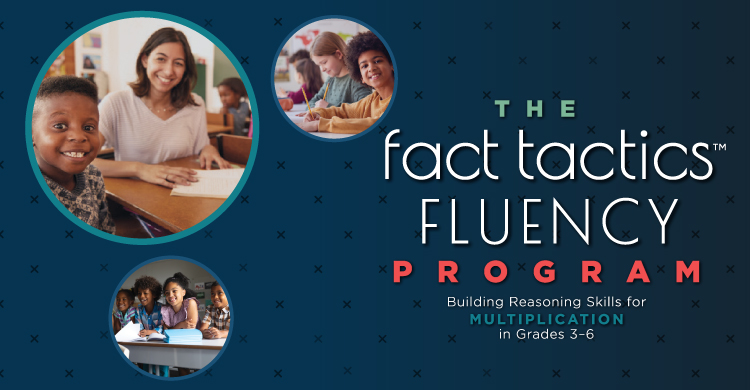As a district mathematics leader, I am constantly searching for creative structures that support multiple district mathematics goals. Three years ago, during a monthly math innovation session, our secondary mathematics team (shout out to Jon Wray, Jennifer Novak, and Karen Vaden) set out to create innovative professional learning structures focused on the following goals:
- Building a closely-knit community of teachers and leaders who see themselves as they experts we know them to be. (Together, we can do anything!)
- Building a culture of facilitative leadership
- Developing systems to ensure equitable access to rigorous mathematics students for all students
- Improving the quality of mathematics teaching and learning in every classroom by providing “just-in-time” professional learning to stakeholders
- Strengthening our teacher’s understanding of new content standards
- Strengthening our teacher’s understanding of effective pedagogyEngaging our student’s in professional learning initiatives
- Engaging our community in professional learning initiatives
- Building the leadership capacity of existing leaders (site-based mathematics leaders, site-based administrators, system leaders)
- Building the leadership capacity of emerging leaders
- Spotlighting outstanding practitioners and their best ideas
- Celebrating the works of our community and our community members
As you can imagine, trying to build a new professional learning (PL) structure that serves all of these purposes was daunting. But, after some initial visioning followed by steadfast leadership (Thanks Jenny), we believe that we achieved just that. We call it, Math Gathering. (Math-a-palooza seems a bit over the top!)
The Math Gatherings are monthly PL events hosted by our district mathematics office and collaboratively lead by teachers, students, and leaders from all of the 33 secondary schools in our district. Each month, members of our mathematics community are invited to attend all or part of a three-hour Math Gathering to network, collaboratively plan lessons or assessments, watch and critique math teaching in action, or learn new ideas from their peers.
When our teachers and leaders sign up to attend (they receive a small stipend to attend) they can choose to drop in or out of the following:
Math Gathering Format:
The Learning Lab:
The Learning Lab is a live teaching event with a featured teacher engaging students in a mini-lesson or task. Participants meet prior to the lesson to preview the task and learn about the focus for viewing. (Intended math practices (NGA CCSSO, 2010), intended teaching practices (NCTM, 2014), intended content standard) After the orientation, teachers enter the classroom and watch the lesson. After the lesson, process observers pose questions to the student and to the teacher.
The Collaborative Planning Hub:
The Planning Hub is a space for “course-alike” teams of teachers to plan collaboratively. Course-level lead teachers will facilitate a brief overview of the upcoming major content strands. Planning teams will use systemic planning tools and templates to deign resources to support instruction for those content strands. Planning teams will be encouraged to share planned resources on the district’s open-source curriculum resources.
The Mini-Conference:
The Mini-Conference is a series of 10-15 “conference-style” sessions. These sessions provide opportunities for teachers to learn from other teachers or leaders. The focus of these sessions is content development through the use of research-informed best practice in pedagogy. Participants receive resources, which immediately supports their classroom instruction.
The Math Gatherings has been a signature series of events for our district. Over the past three years, we have hosted over 20 gatherings with attendance ranging from 50-150 teachers. (16%-50% of our secondary math teaching staff) When I think about our team’s work with this professional development initiative, I am most proud that we are building a highly connected, yet interdependent, team of professionals that is values continuous learning. Other points of pride are:
- A growth in the number of math teachers seeking school-based or district-level mathematics leadership positions
- An increase in students that are accessing rigorous mathematics programming at all levels due to the identification and support of caring professionals.
- An increase in student awareness of and engagement with the standards for mathematical practice during lessons
- Increased applications to participate in curriculum development workshops, assessment development workshops, and professional development workshops
[author_bio id=”45″]






